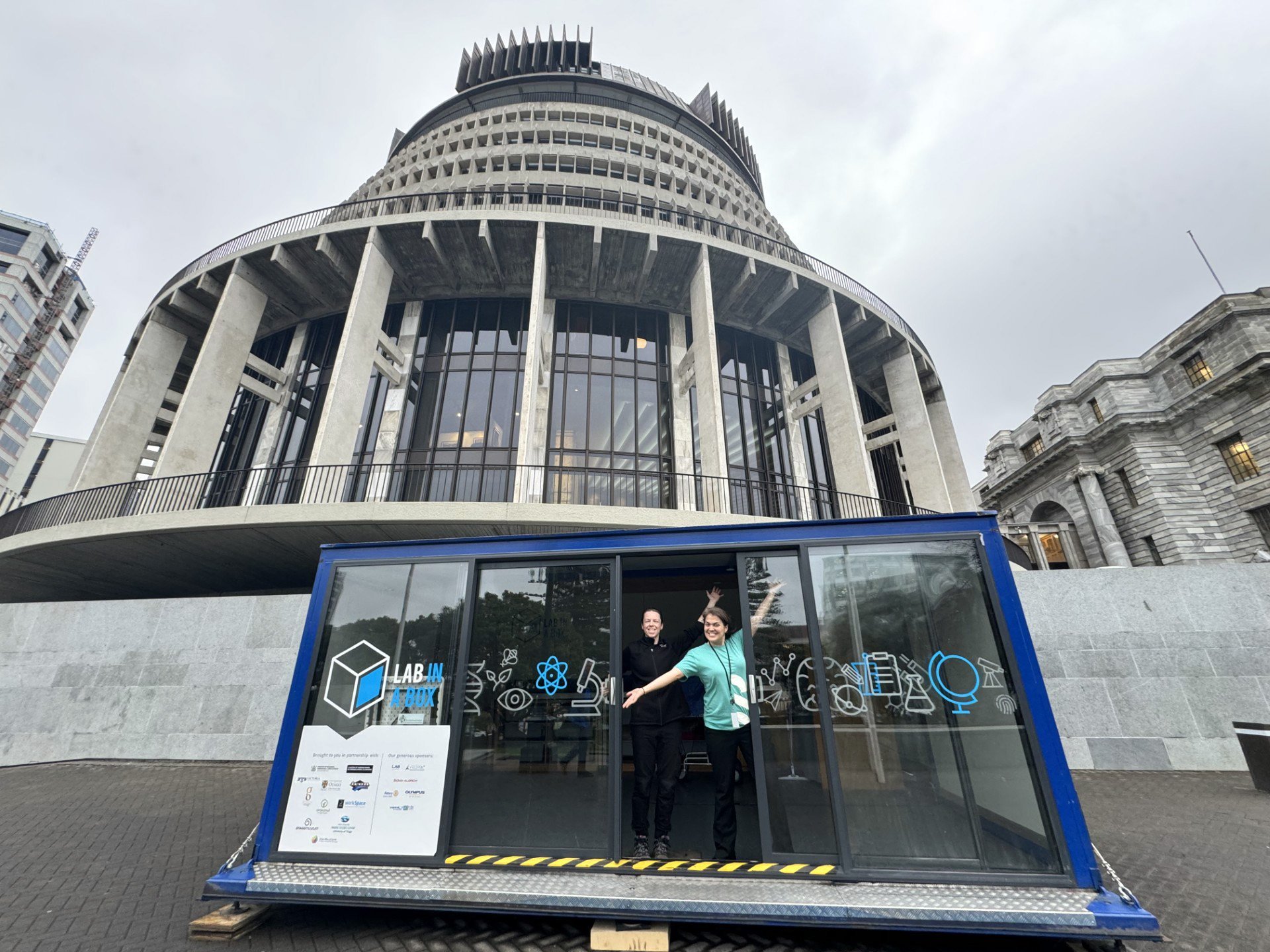

Not only did the storm woo us with its wondrous visuals, it also prompted concern about how it could impact on electricity supply. This coincided with the onset of the first decent cold snap of winter, which found the government hyping up gas as part of its pivot back to fossil fuels for the purposes of electricity production. (Geomagnetic storms can disrupt electrical current, but not generation).
We live in an age of increased disinformation/misinformation, and at the same time we desperately need clarity and evidence-based policy. To address the huge challenges we face, such as the climate crisis, adaptation and a just transition to zero carbon, we need good science.
But science and research by itself isn’t enough. At least as important is how information is communicated to the general public and policy makers alike. Science, communicated well, inspires wonder in phenomena such as the Aurora Australis, nurtures understanding of the natural world, and empowers people to take action about the biggest problems confronting our planet.
This past week I had the pleasure of hosting the Tūhura Otago Museum Science Showcases at Parliament, where parliamentarians and guests had the opportunity for a hands-on experience with science, along with Otago Museum director and astronomer Dr Ian Griffin (world-renowned for his passion for auroral science) and his team.
This inspirational team has been engaging our tamariki, rangatahi, and whānau with science showcases in many far-flung places across the motu, thanks to support from the Unlocking Curious Minds fund. The funding has been managed and distributed by MBIE since 2014.
At $1.6 million per annum to deliver accessible science across the whole of Aotearoa, it’s hardly an extravagant investment. But it has been an effective one. And speaking of opening up curious minds, Dr Griffin’s blog posts explaining the Aurora Australia have been inspiring reading for me.
However, just when we need science more than ever, such work is under threat. In Otago we’ve seen the Centre for Science Communication shut down, with the loss of excellent staff, as a result of the tertiary funding crisis unaddressed through successive governments. The public service and science is now on the line.
Among the cuts to the public service under the current government, the slashed budget of the National Institute for Water and Atmospheric Research (Niwa) looks likely to lead to the loss of Aotearoa’s specialist team of top climate modellers. It’s tragic. Such an intellectual impoverishment will set climate action back and squander opportunity for engaging our community in a just transition.
Another national science programme, the National Science Challenge programme, "bring[ing] together the country’s top scientists to work collaboratively across disciplines, institutions and borders" looks likely to run out of funding next month. Recently, this programme facilitated a timely presentation by the National Emergency Management Agency (Nema) of a worst-case earthquake and tsunami scenario related to the fault along the Hikurangi subduction zone. Such a powerful earthquake would likely result in fatalities of tens of thousands, with hundreds of thousands displaced.
Whether helping us best prepare for disasters, or explaining the phenomenon of Aurora Australis, we need scientists. I never tire of the infinite possibilities in the night sky, those millions of stars sparkling out of the black. I’m also often mesmerised watching the wave action crashing against the seawall at St Clair and retreating again, only to repeat. I often marvel at the fundamental power of nature, but it is the knowledge that I’ve gained that motivates me to take action, to protect what we have and protect our part in nature.
As with the reports from the Deep South Science Challenge and GNS Science on sea-level rise and climate impacts, each bit of knowledge grows my understanding. The beauty and wonder of our natural world is enriched for me by the knowledge I’ve accumulated, thanks to the work of scientists and storytellers.
Budget 2024 is coming up and we’ll then get a real sense of how much the government values the country’s scientists. If this government was truly invested in evidence-based policy, it would affirm and resource the science, research and story-telling to build knowledge and provide a platform for action.
Scott Willis is a Dunedin Green Party MP. Each week in this section writers address issues of sustainability.












